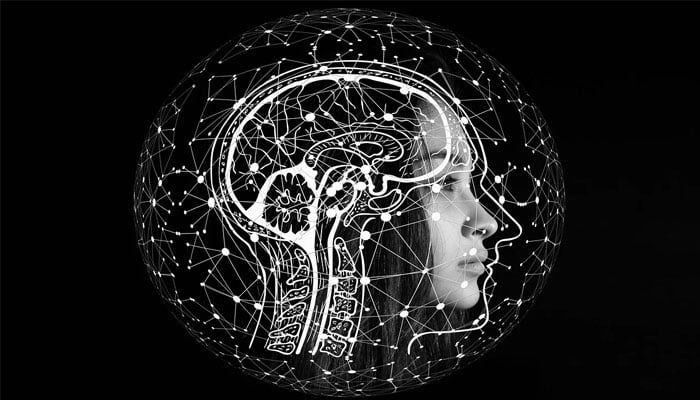New study shows likeliness of strokes can be linked to language
Researchers asserted that there needs to be more research done to confirm the potential connection
Mexican Americans have less favourable post-stroke outcomes than non-Hispanic white Americans, according to a study, which could be because of language barriers.
In a recent study, it was investigated whether Mexican Americans' choice of language affected how quickly they recovered from strokes.
High blood pressure, heart disease, diabetes, smoking, high blood cholesterol, and lipids, among other factors, are typically thought to increase the risk of stroke in humans. However, the idea that language may also increase the risk of stroke is relatively new.
Recent publications of the findings in Neurology, the medical journal of the American Academy of Neurology, confirm their validity.
"Our study found that Mexican American people who spoke only Spanish had worse neurologic outcomes three months after having a stroke than Mexican American people who spoke only English or were bilingual," said study author Lewis B. Morgenstern, MD, of the University of Michigan in Ann Arbor and a Fellow of the American Academy of Neurology.
"More research is needed into what factors and barriers may influence these worse outcomes," he added.
In Corpus Christi, Texas, over a 10-year period, 1,096 Mexican Americans who had strokes were included in the study.
Results were evaluated in three areas: neurologic, functional, and thinking and memory capacities, three months after the stroke.
Neurologic outcomes include problems with speech or vision as well as coordination and muscle strength, whereas functional outcomes assess a person's ability to perform daily activities like taking a shower and making food.
In comparison to the 170 people who spoke only Spanish, 926 people only spoke English or were bilingual.
In comparison to the other group, those who only spoke Spanish were older, had less education, and had worse neurologic scores at the time of the stroke.
Additionally, the average neurologic score for the Spanish-only speakers three months after the stroke was 7, where scores between five and 14 indicate moderate effects from a stroke.
Meanwhile, the scores for the English-only and bilingual speakers ranged from one to four, indicating mild effects.
The findings persisted when the differences between the two groups and additional stroke risk factors like diabetes and high blood pressure were taken into account.
In terms of how well the two groups recovered their capacity to carry out daily tasks as well as their capacities for thought and memory, the study found no differences between the two groups, SciTech Daily reported.
Morgenstern revealed that an earlier study in the same community found no language difference in hospitalisation or emergency medical services after an ischemic stroke, which indicates the need for more information.
Moreover, the study's limitations include a low number of Spanish-only speakers and may not apply to areas with a larger population of Mexican Americans.
-
Catherine O’Hara becomes beacon of hope for rectal cancer patients
-
FDA sends 'refusal-to-file' to Moderna over new flu vaccine
-
Cure flu with theses two golden foods
-
Struggling with obesity? Here's how to manage it
-
Historic mental health facility closes its doors
-
Top 5 easy hair fall remedies for the winter
-
Pregnant women with depression likely to have kids with autism
-
Antioxidants found to be protective agents against cognitive decline












